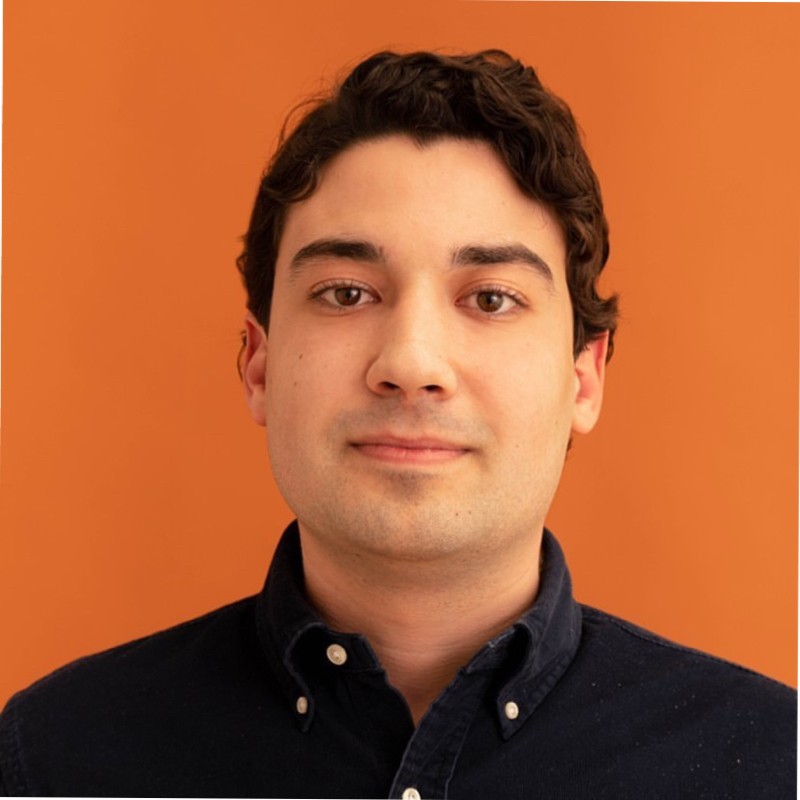Winners
Diversity & Inclusion Award: Trouw Nutrition – Integrating people with intellectual disabilities 
Trouw Nutrition implemented a project in 2022 to increase the number of women in leadership positions and to help employees with intellectual disabilities in the operational area of the company. This project was aimed at promoting diversity and inclusion in the Brazilian labor market, as women and people with intellectual disabilities are often excluded from employment opportunities.
The company partnered with APAE (an organization which promotes aid for people with intellectual disabilities) to include women with mental disabilities in their operations, and as a result, increased the number of women in their operations by 9%, and involved 4 women in production leadership positions. By creating actions that allowed these women to enter the job market and promoting the development of people with mental disabilities, the company aimed to inspire other companies to promote similar actions for the inclusion of minorities in the Brazilian labor market.
Social Responsibility Award: Vopak – Go Alemoa Go project – Social project with the local community

The Go Alemoa Go project is a social responsibility initiative promoted by Vopak in partnership with the WeConnect Foundation since 2018. The project is focused on Vila Alemoa, a community with a high level of social vulnerability located next to the company in Santos – São Paulo. The project aims to inspire other companies to promote social development projects in the communities where they operate.
The project contributes to various sustainable development goals and organized 26 activities involving more than 3600 people, including children, young people, and adults, through sports, cultural and educational activities – with Anne Frank and Johan Cruyff as inspirational figures. The project also started a social entrepreneurship program to teach young people how to structure their income-generating projects. Moreover, the project expanded its activities to two other communities in partnership with local social projects.
The project documented the history of those communities through audiovisual projects to showcase that these communities matter. Vopak employees are informed and involved through monthly newsletters and volunteering opportunities, contributing to the company’s commitment to the community and its social responsibility.
Environment & Climate Award: Supergasbras – Cooking oil collection & recycling

Supergasbras’ Super Recolhe project collects used cooking oil and recycles it into clean energy while avoiding harm to the environment. The project uses a closed-loop system where all revenue generated is returned to the community through social aid actions.
Per year, 500 million litres of used cooking oil in Brazil is incorrectly disposed or wasted. In the first year of the pilot, the project collected 1000 liters of used cooking oil and used all the revenue generated to distribute 500 meals to the Quilombola Community Santa Luzia. This initiative therefore not only benefits the environment by reducing waste and promoting clean energy but also has a positive social impact by providing aid to the community.
Audience Prize: De Heus: WOW Project – Circular waste management and reforestation

De Heus Brasil’s sustainability program, Responsible Feeding, joined forces with the Wow Project in 2022, which aimed to address specific common issues. The project’s focus was on “Olhar que transforma” or “Transformative Look” and aimed to address the issue of tons of plastic waste that ends up in the ocean every year, negatively impacting ecosystems and life quality worldwide. De Heus organized a voluntary cleanup event in cities where their offices are located. They collected more than six tons of waste, which was sent to recycling cooperatives. By doing so, De Heus has prevented pollution and the extinction of animal species.
Besides the recycling of waste, visits were organized with their collaborators to the Black Jaguar Foundation project in Santana do Araguaia to see the reforestation process and support the conservation of biodiversity.





